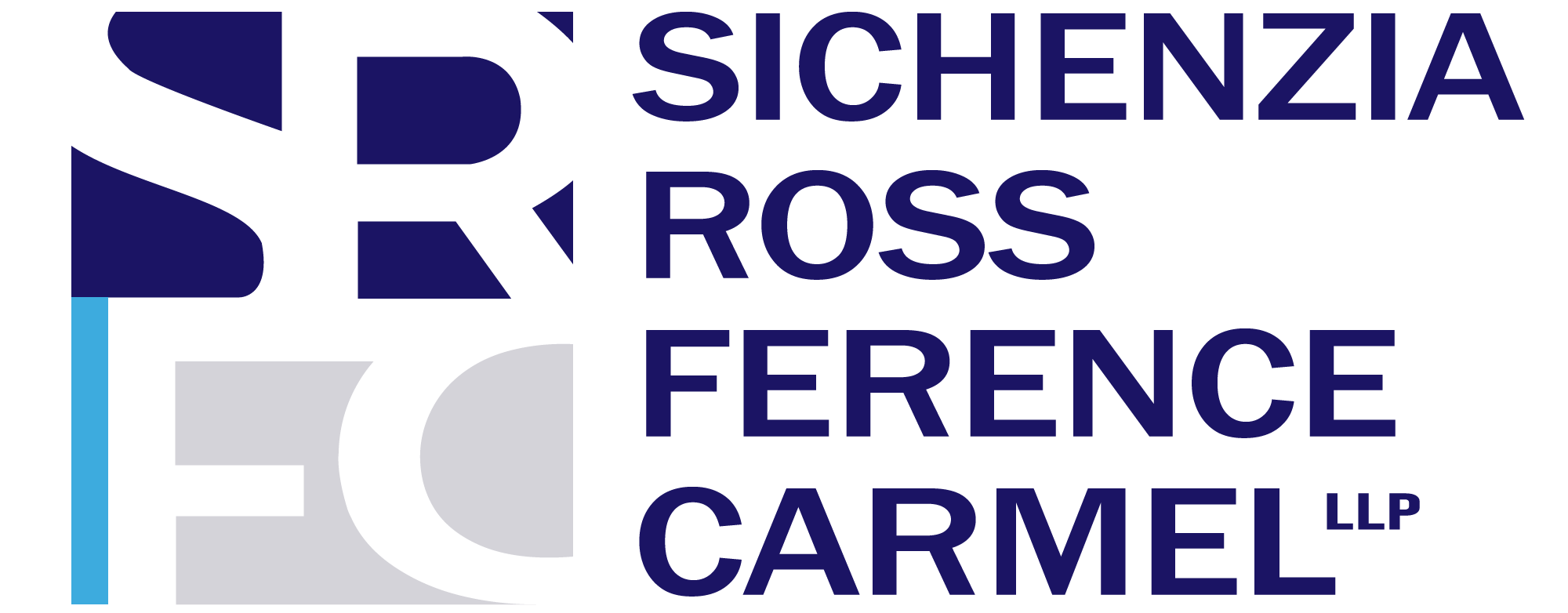This week, San Francisco Business Times’ reporters Riley McDermid and Mark Calvey interview Sichenzia Ross Friedman Ference LLP Partner Gregory Sichenzia on Square’s lower-than-expected IPO market cap.
As the largest “unicorn” private startup, Square’s IPO attracted heightened attention when it announced its initial public offering. Square ended up pricing at only $9 per share. In regards to what the company’s lackluster performance means for the technology public market, Sichenzia said “This could mean that investors are beginning to push back on the more outlandish valuations in later-stage companies, which could be the start of a trend to watch.”
Read the live article here or read the full transcript below:
It’s Ugly! Square Prices IPO Well Under Target Range
The looming public market debut of San Francisco-based mobile payment company Square on Thursday added a controversial new chapter today when it priced its IPO at just $9 per share, or at a company valuation that’s less than half that of its last financing round.
At the offering price, Square has a market cap of just $2.9 billion. That’s painful.
The weak pricing also puts a chill, if not worse, on investors looking to invest in so-called tech ‘unicorns,’ or privately-held companies with valuations of $1 billion of more.
“The price point of Square’s IPO is further validation that the discrepancy between private and public market valuations is something that cannot be ignored,” said Sheeroy Desai, Gild’s CEO and co-founder. “It means late-stage private valuations will come down and some of the companies that have raised money at high valuations are going to have a rough time going public.”
Square’s pricing also doesn’t bode well for the broader Bay Area economy, which depends heavily on the wealth creation that comes with a steady cycle of startups going public, raising valuations on private companies and producing fresh capital to invest in a new crop of promising ventures.
Square’s $9 pricing landed with a thud late Wednesday afternoon. It was just two weeks ago that Square priced its IPO at $11 to $13 a share, already generating a much lower valuation of $4 billion for the company than both investors or Wall Street had expected. Its shares will begin trading Thursday.
Its initially low offer price was particularly surprising because Square was valued by private investors at about $6 billion during its last round of financing, which guaranteed at least a 20 percent return on their investment if the company’s IPO share price fell below $18.55.
Wall Street and Main Street alike have been closely watching Square’s IPO journey.
On Wednesday, the Wall Street Journal reported recent data from Dealogic that shows the IPO market has “sputtered” this year, as tech companies seeking IPOs cratered 53 percent from the same point last year. That coincides with a 62 percent dip in the IPO market overall, as even biotech companies, once the darlings of Wall Street in 2014, have struggled to price at their initial valuations.
Now, with a pricing of just nine bucks, Square is positioned right in the cross-hairs of tech bulls. With 323 million shares outstanding, Square will have to make up the difference – known as a “ratchet” clause. The ratchet was likely another drag on Square’s IPO pricing, given the number of shares the company will now have to issue to make good with affected investors.
How well Square is able to do during its debut Thursday will certainly inform the larger market about the health of young tech companies with ballooning valuations but track records of losing money, said the Journal, and as such, its harbinger status will be closely watched.
“It’s a question whether Square and other startups are novelties anymore,” Joseph Milano, chief investment officer of Greenhouse Funds LP, told the newspaper.
CEO Jack Dorsey, who is also the CEO of social media platform Twitter(NYSE: TWTR), another San Francisco-based, closely-watched tech company, is likely to face even more pressure from investors after Square set such a low IPO price. The company plans to list on the NYSE under the stock ticker “SQ.”
Dorsey was already being scrutinized by Wall Street after Square said on Oct. 26 that it expects a third-quarter loss of $53.9 million, its largest quarterly loss since at least the fourth quarter of 2013.
“This could mean that investors are beginning to push back on the more outlandish valuations in later-stage companies, which could be the start of a trend to watch,” said Gregory Sichenzia, a partner with New York-based securities law firm Sichenzia, Ross, Friedman, Ference.
No doubt investors in the Bay Area and beyond will be closely watching Square’s first day of trading Thursday.
[starbox id=10]
[starbox id=1]

